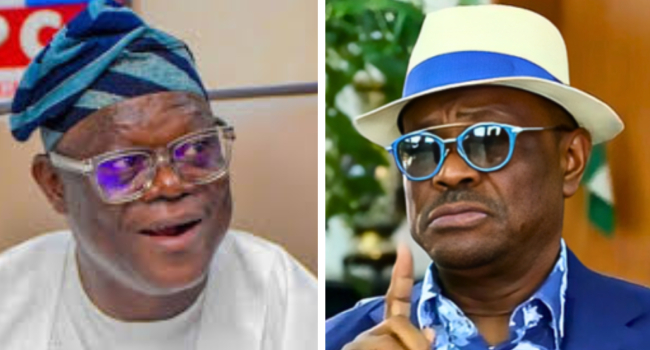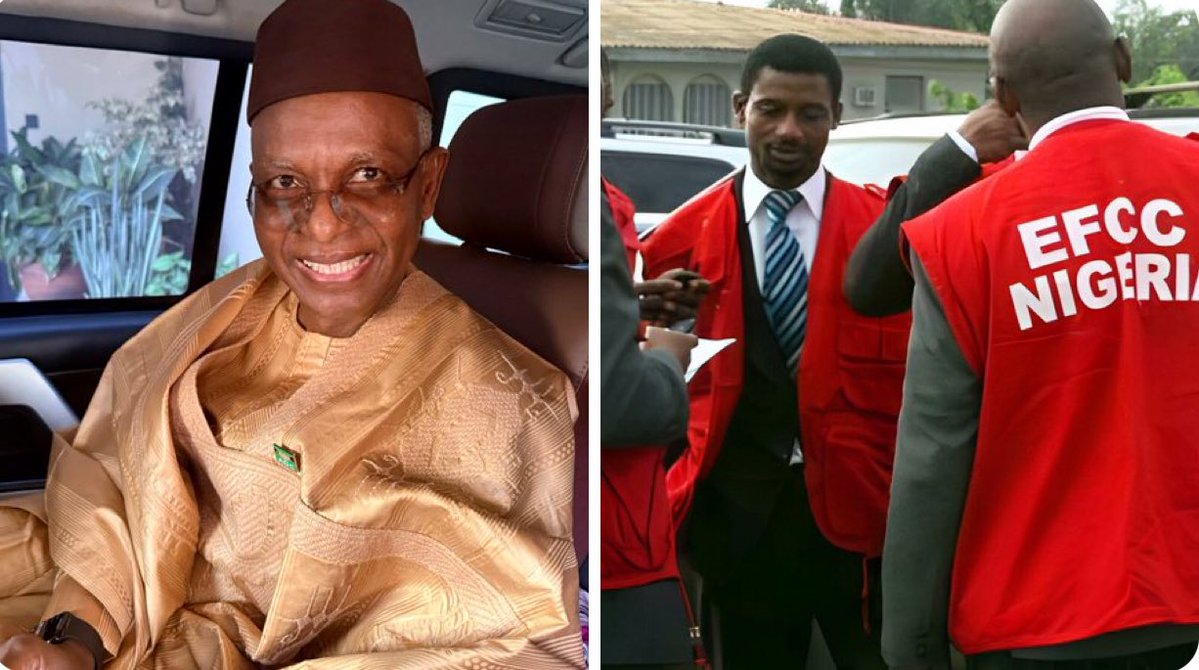By Eric Elezuo
The candidate of the Labour Party, Mr. Peter Obi, was on Friday hosted by CNN’s Zain Asher, during a programme, Zain Exchange, where he spoke on his desire to tackle headlong the economic and security challenges of Nigeria if elected the president in 2023.
Zane Asher: Mr. Obi thank you so much for being with us. You’re certainly the most popular presidential candidate among young people in Nigeria, there’s so much momentum behind you. But here’s the problem. Nigerians are used to being disappointed by their leaders, and what do you think about some of the problems that are facing the country right now, they are systemic. I’m talking about the corruption, I’m talking about oil theft, I’m talking about insecurity, I’m talking about the fiscal hole that Nigeria is in right now. Can all of that really be solved by one person?
Peter Obi: Well, if you have a leader that is competent, has the capacity and commitment to start dealing with these challenges, you’re not going to solve it overnight, but there will be a clear, visible, measurable attempt to deal with these. And there is nothing that is not solve-able. Some issues just have to be dealt with decisively. But you need to have a capable leader such that when you look at his past records in office, you can say YES – He is capable.
Zane Asher: If you do, indeed, become Nigeria’s next president, Nigeria you know, is broke. It’s barely able to service its debts. It spends so much more that it earns. What are your plans? From a concrete perspective, what are your plans to take Nigeria’s economy off of life support?
Peter Obi: Well, a variety of things. One, is that we have to deal decisively with the issue of insecurity. It’s impacting negatively on our economy. We have to deal with it head on. We have to get our finances right — and start ensuring that the vast lands of the north are invested in and cultivated. We have to start pulling people out of poverty as quickly as possible. We have to immediately reduce aggressively, the cost of governance, and the issue of corruption.
Zane Asher: Anyone who knows anything about Nigeria knows that it has this embarrassing reputation of importing refined fuel, despite the fact that it’s Africa’s largest oil producer. What is your plan for transforming Nigeria’s economy from a consumption economy to a production economy?
Peter Obi: Let me tell you it’s not the issue of refineries not working — there’s no reason why we should not encourage the private sector to operate refineries. It can be done as quickly as possible. We can today, decide to remove the oil subsidies, and use the resources to invest in and support the principal areas of production; from critical infrastructure to education, to supporting investment in refinery, which will be, done in the shortest amount of time.
Zane Asher: A lot of Nigerian presidents have come in and talked about revitalizing the manufacturing sector, investing in refineries, but change, as you know, has been very, very slow. Why is it going to be different with you and what would you say were the biggest hurdles in making sure that all of the things that you just listed come to pass?
Peter Obi: Well, what people need to do is to look at what I promised as the state governor. When I said was going to turn around education, health, pull people out of poverty, bring sanity and civility in governance — did that happen or not?
When I said we were going to save money, did we do that? Yes, we did.
Zane Asher: I want to talk about one of the major issues that Nigeria is dealing with, grappling with right now. That’s violence and insecurity. You can barely travel from one part of Nigeria to another without fearing for your life. I’m talking about kidnapping. I’m talking about banditry. I’m talking about terrorism, I’m talking about Boko Haram. What is your plan for that?
Peter Obi: Initially, what we first have to deal with is the issue of security. Unless you have security, the farmers can’t — you can’t have investment. Nobody will ever want to put or invest money in an insecure country. So we will deal this issue of insecurity decisively. We will start by reorganizing our security architecture. We will then bring in more hands into the security system, and motivate them properly, so that we can defeat the issue of insecurity . It’s the most important thing that Nigeria needs today.
Zane Asher: You and I are both Nigerians, were are both from southeastern Nigeria. It’s a very hard country to hold together. You have too manage about 200 million people, with so many different tribes, so many different ideas. When you think about the fact that you are from the southeast, how easy is it going to be to rally Nigerians from the north behind you? That’s got to be on your mind?
Peter Obi: That was the situation obtainable in the past. We used to elect leaders based on ethnicity, religion, strong connection etc, and that has brought us to the bad situation we are in today. “Our structure”, the structure of criminality, is what we want to dismantle now. We want to ensure that the next election is based on character, capacity, competence, commitment to do the right thing. Nigeria not just in a fiscal mess, it is at the last stage to collapse. The people in the north don’t have a secure place, they don’t have good roads. They don’t buy bread cheaper than those in the South. They people in the south are facing the same issues. All what you hear about ethnicity, religion, connection, is an elite conspiracy to keep Nigeria undeveloped. But now we’ve reached the edge.
Zane Asher: Thank you for coming on our program.
Peter Obi: Thank you for inviting me.

 News5 days ago
News5 days ago
 Headline5 days ago
Headline5 days ago
 Featured4 days ago
Featured4 days ago
 Featured4 days ago
Featured4 days ago
 Headline6 days ago
Headline6 days ago
 National5 days ago
National5 days ago
 Featured3 days ago
Featured3 days ago
 News3 days ago
News3 days ago












